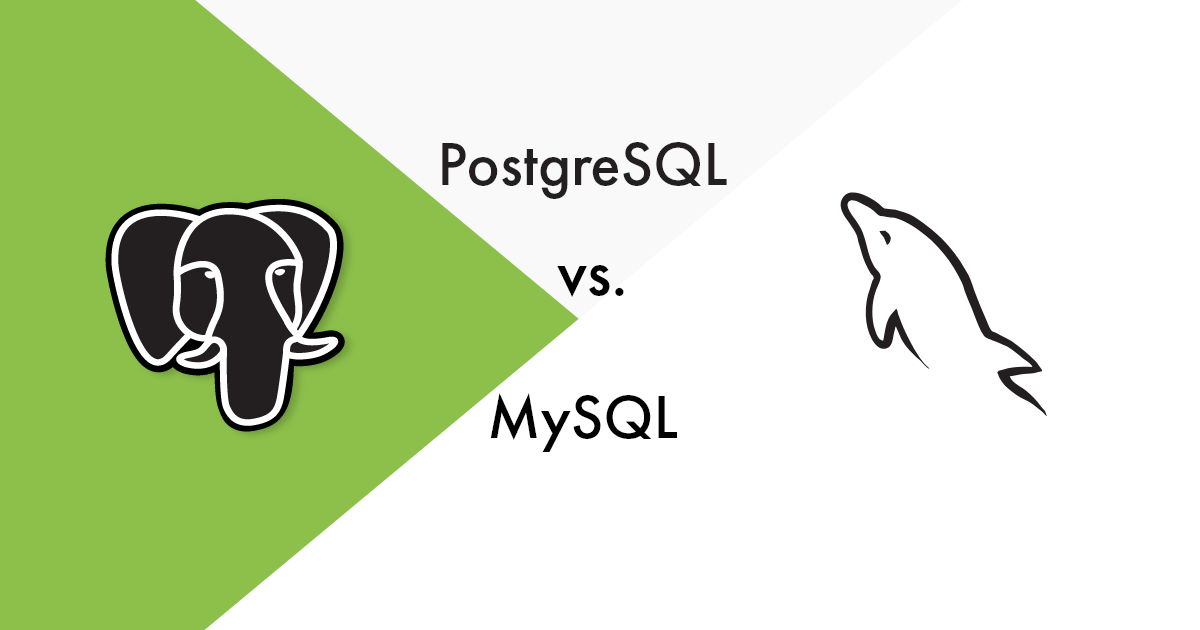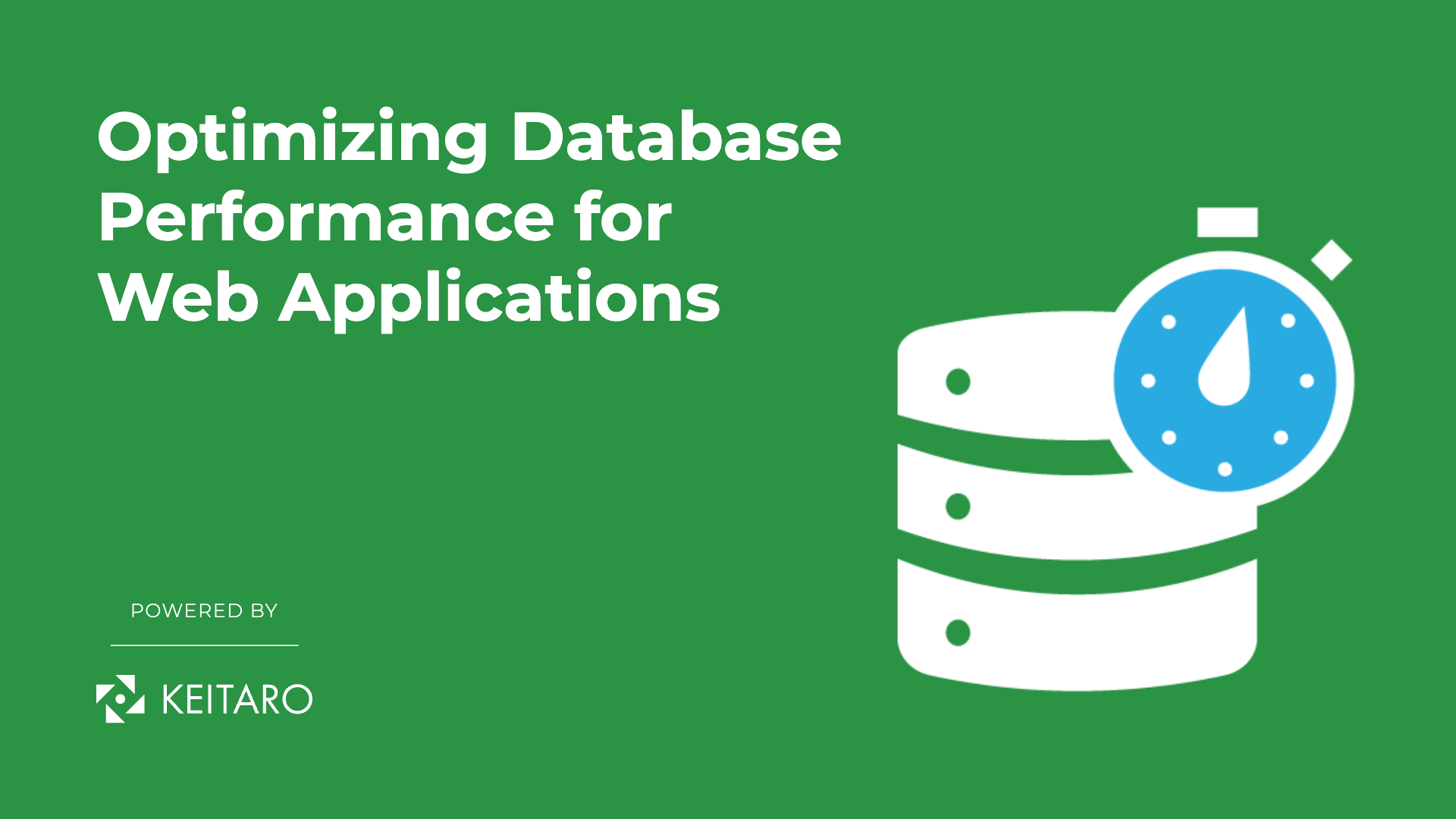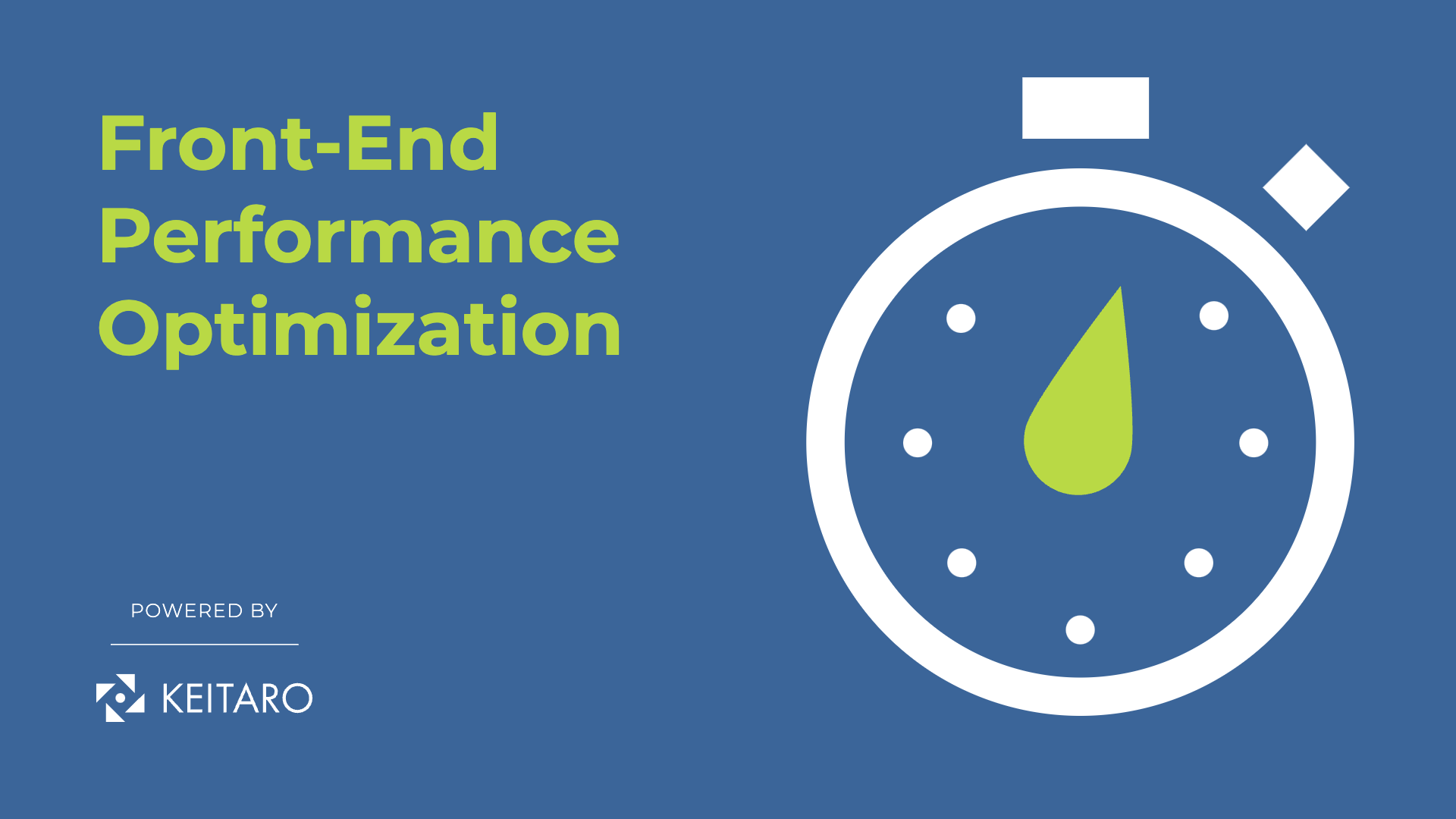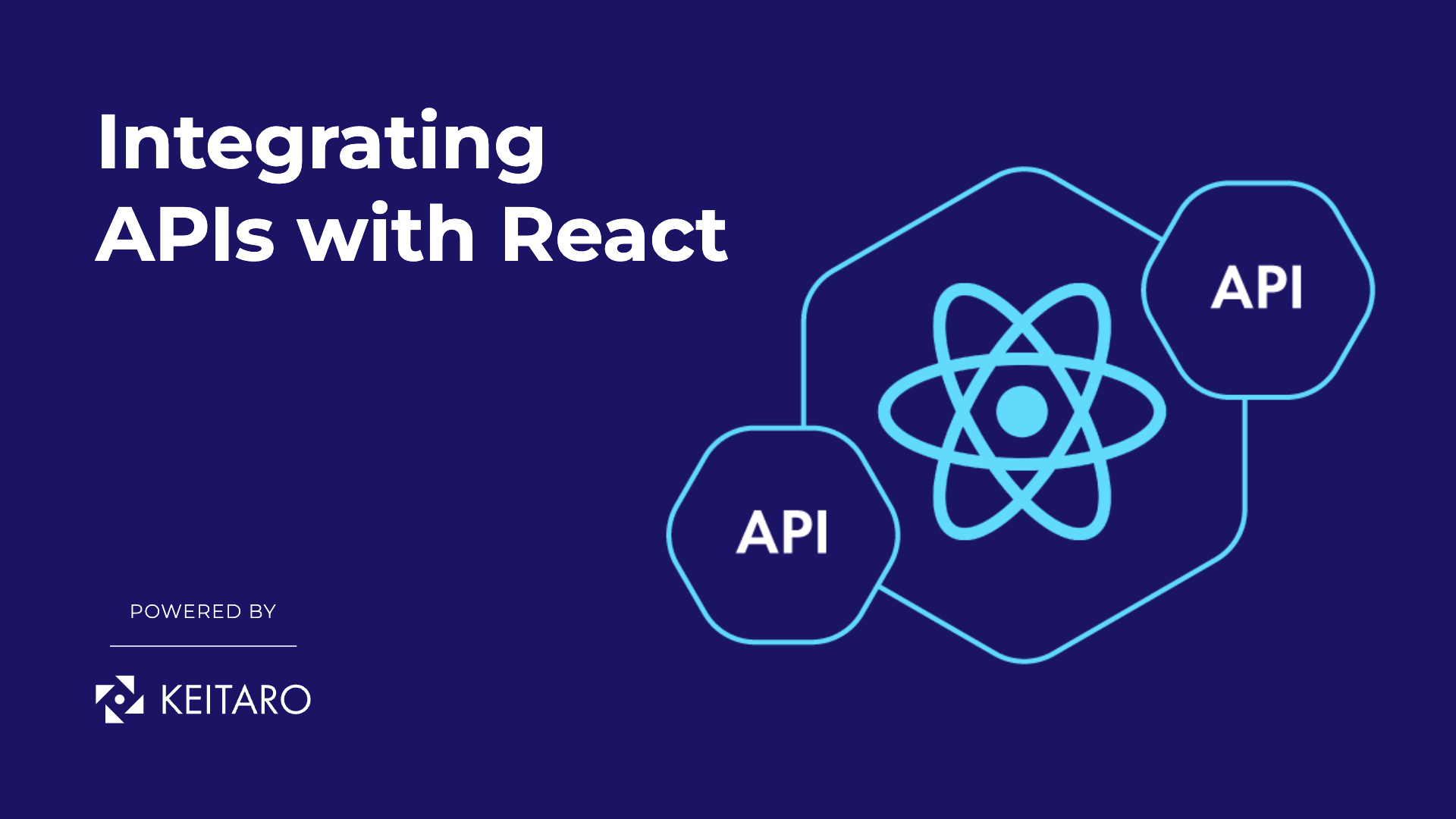There are a lot of choices when it comes to open-source relational database management systems (RDMSs). However, PostgreSQL and MySQL currently stand out as two of the leading data management systems because they both are known for their superior performance and feature-rich capabilities. But it is not always an easy task to choose between them. Therefore, this blog provides a quick comparison between PostgreSQL vs. MySQL to help you get a clearer view of their key differences and similarities.
PostgreSQL – Brief Overview
PostgreSQL is an open-source object-relational database management system, known for offering an enterprise class, advanced, and most SQL-compliant database system. Along with other benefits that PostgreSQL provides, it facilitates both SQL and JSON queries and offers support for advanced data types with features like performance optimization, which are mostly offered by commercial databases such as SQL Server or Oracle. Moreover, it is a highly stable database owing to the strong support of the open-source community. Today, PostgreSQL is being widely used in many web applications, as well as with analytics and mobile applications.
MySQL – Brief Overview
MySQL is another leading open-source relational database management system and holds the reputation of being the most popular open-source database. It is designed to show compatibility with a lot of other architectures and technologies. Moreover, its client-server architecture supports a wide range of backends and programming interfaces. In fact, users can easily migrate data from MySQL to other RDBMSs. Today, MySQL is used in many of the world’s top websites and countless web-based applications.
PostgreSQL vs. MySQL – Key Differences and Similarities
There are many differences and similarities between PostgreSQL and MySQL. Here’s a look at some of the key ones:
Key Differences
- PostgreSQL is an object-relational database management system, while MySQL is a relational database management system. This gives PostgreSQL an edge, as it plays the role of bridge between the object-oriented programming language and the database.
- PostgreSQL requires more effort to set up compared to MySQL. Moreover, MySQL offers a lot of options when it comes to altering the database according to performance demands.
- PostgreSQL supports JSON and other NoSQL features, while MySQL only supports the JSON data management type.
- PostgreSQL offers top-notch performance when executing complex queries, while MySQL works best when there is a need for high read speed.
- PostgreSQL is ACID-compliant, while MySQL is only compliant with ACID when used with NDB Cluster Storage and InnoDB engines.
Key Similarities
- PostgreSQL and MySQL are both relational database management systems and use tabular models for data storage.
- PostgreSQL and MySQL have almost the same level of maturity, as they both come with strong community support and are compatible with Windows, macOS, and Linux.
- PostgreSQL and MySQL have many similar features to offer, such as declarative partitioning, multi-user access control, JSON, full-text search, common table expression, and plenty more.
How to Choose Which One to Use?
It is not a straightforward game to pick between PostgreSQL and MySQL as the ideal open data management system because both have their own unique sets of features to offer. PostgreSQL is best suited when there is:
- A use of complex queries.
- The involvement of large data searching and analyzing.
- Need of communicating with any object-oriented application.
- The requirement to have a feature-rich application with access to plenty of tools.
In short, PostgreSQL should be selected when it is planned for the application to become enterprise-level, involving frequent read-write operations with complex queries.
On the other hand, MySQL suits best when there is a:
- Need for cloud readiness and easy configurability.
- Need for more speed and optimization with a bit of compromise on feature-rich capabilities.
- Need of well-documented database.
- Need of flexibility with other third-party tools.
In short, MySQL is perfect for newcomers or for those applications that are not expected to scale up and just need a quick system for prototyping.
You must, however, also consider what database your cloud platform or the application framework best suits. Overall, MySQL is used more than PostgreSQL, which implies a lot of developers are experienced with it, and there will be a lot of third-party tools available for it.



